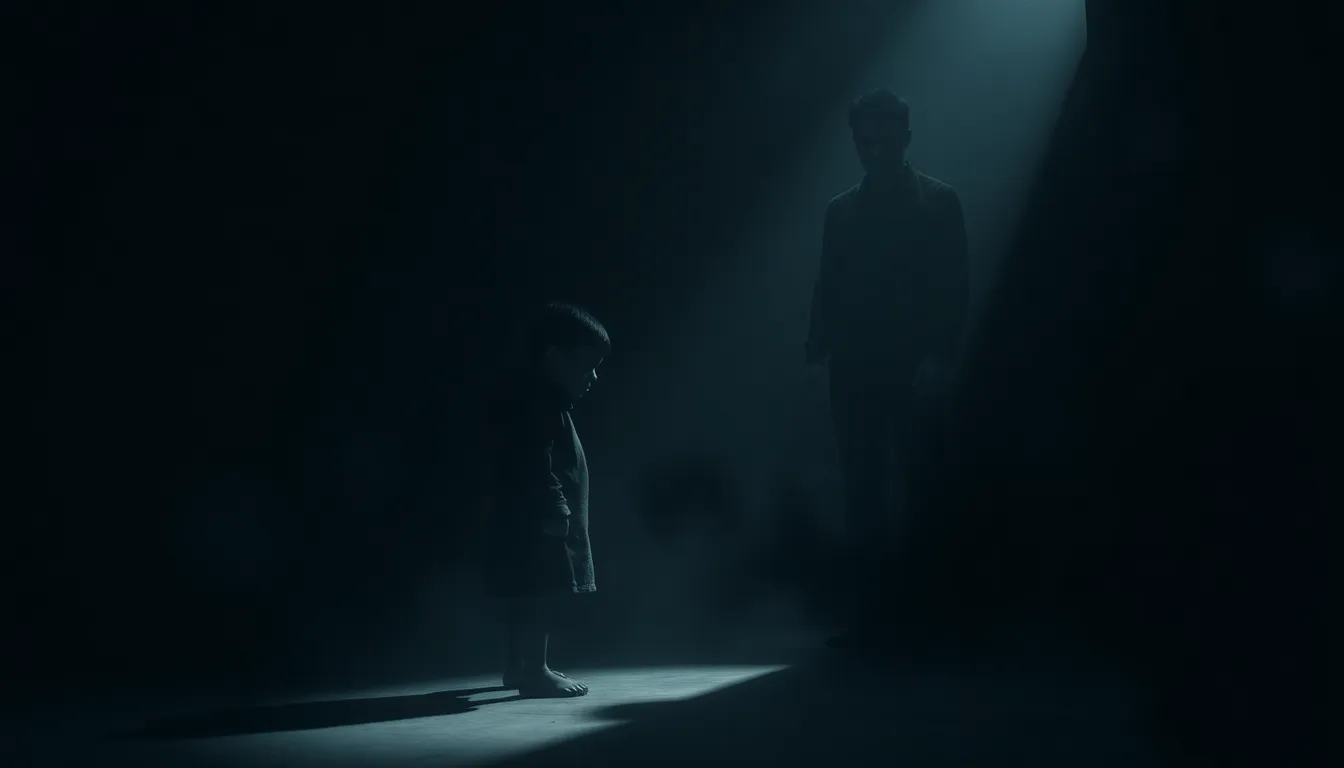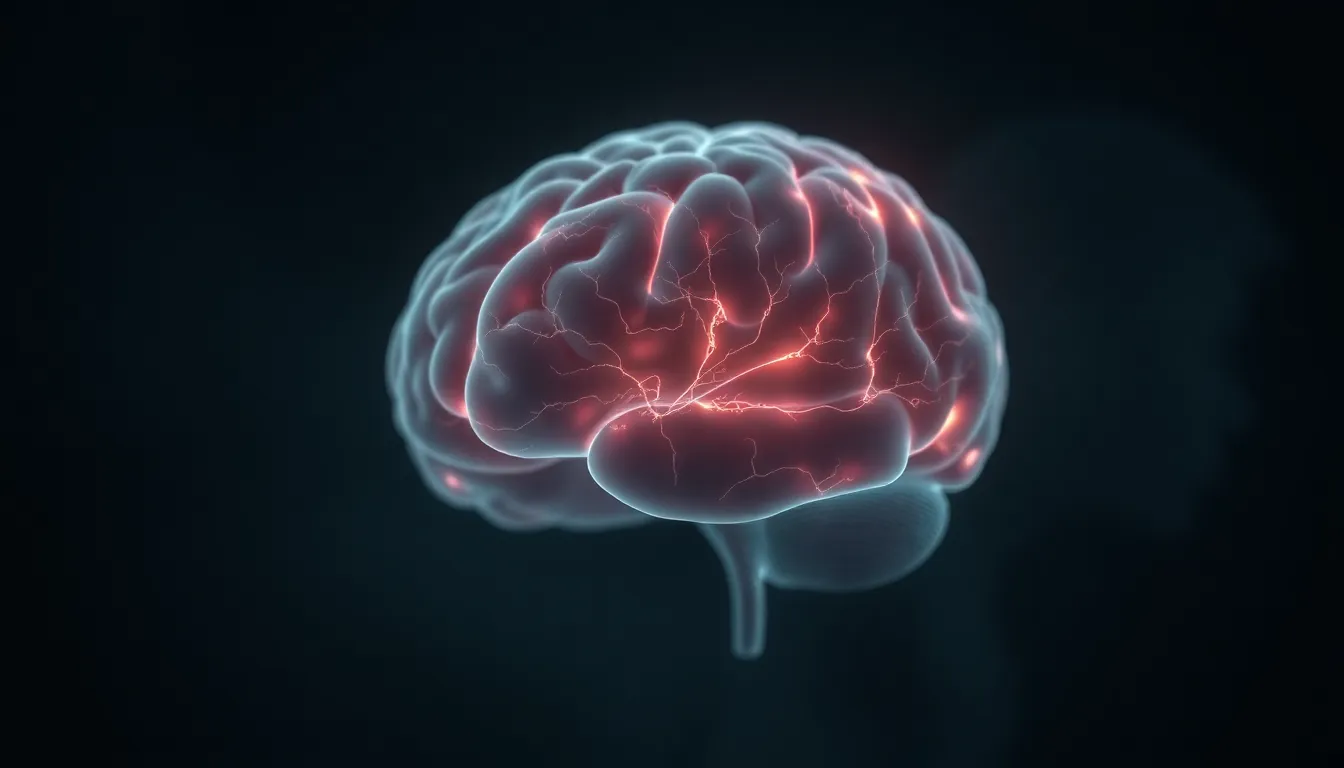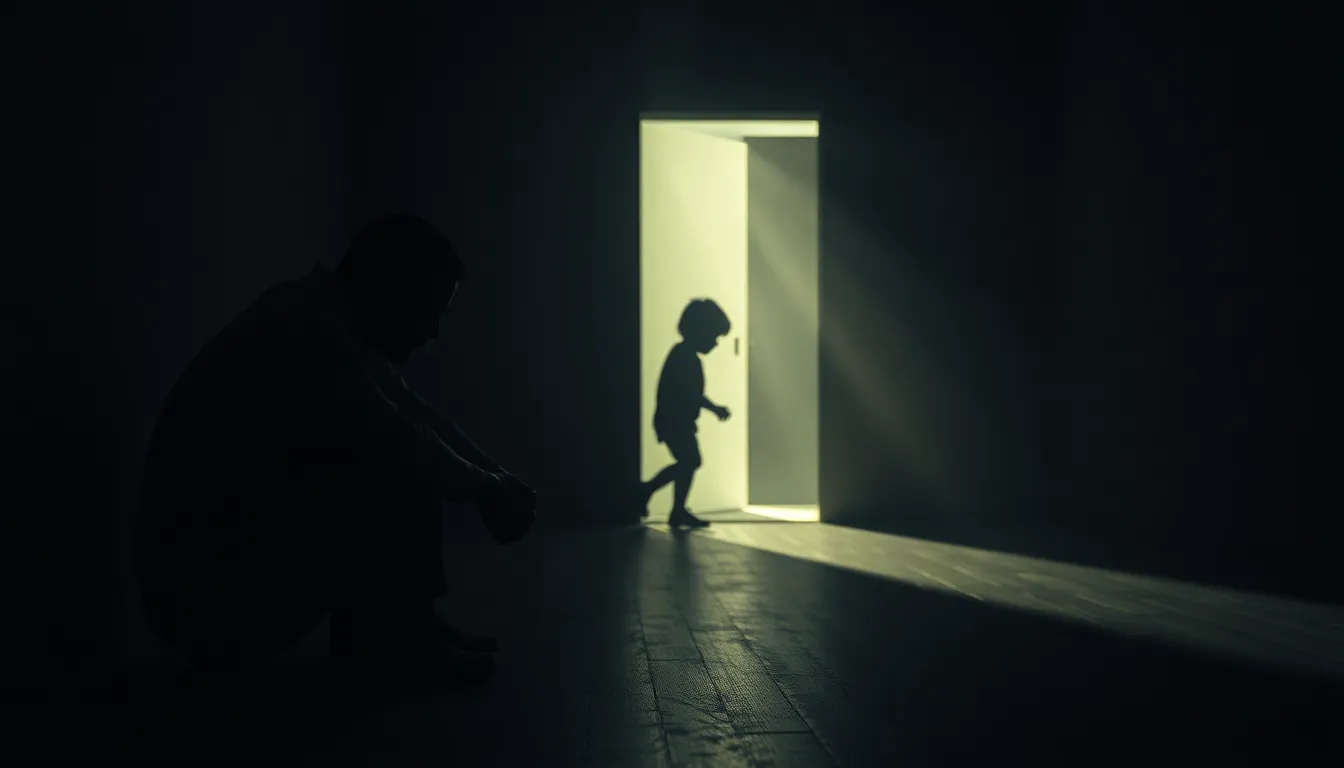The profound impact of early adversity dramatically shapes the long-term effects of childhood trauma on adult mental health, manifesting in a heightened vulnerability to severe psychological and physical conditions. Unaddressed childhood trauma instigates enduring alterations in brain function, relationships, and overall well-being.
Key Implications
- Elevated Mental Illness Risk: Adults with childhood trauma face significantly increased risks for severe mental health conditions, including PTSD (2.5 times more likely), Major Depressive Disorder (2-4 fold higher), and anxiety disorders (2-3 fold higher).
- Profound Brain Alterations: Trauma reshapes brain structure and function, leading to reduced grey matter volume in the prefrontal cortex (5-10%) and hippocampus (up to 15%), alongside dysregulation of the HPA axis and impaired working memory.
- Compromised Relationships and Attachment: Childhood trauma profoundly impacts the ability to form healthy interpersonal relationships, with 40-50% of adults reporting significant challenges in trust, intimacy, emotional regulation, and communication.
- Increased Addiction Propensity: Early adversity dramatically increases the likelihood of substance use disorders; individuals with four or more Adverse Childhood Experiences (ACEs) are 7.4 times more likely to report alcohol use disorder and 10.3 times more likely for illicit drug use.
- Systemic Physical and Socioeconomic Scars: Childhood trauma significantly burdens adult physical health, elevating risks for chronic diseases like heart disease, stroke, and Type 2 diabetes, while also contributing to substantial socioeconomic disadvantages in education, employment, and income.

Childhood Trauma’s Shadow: A Multiplied Risk for Adult Mental Illness
Adults with a history of childhood trauma face significantly elevated risks for debilitating mental health conditions. Early adverse experiences profoundly reshape the psychological landscape, impacting child brain development. This leads to altered stress responses. Understanding these long-term effects is critical for intervention.
Quantifying Elevated Adult Mental Health Risks
Research consistently highlights a stark increase in severe mental illnesses among adults with childhood trauma. This demands urgent awareness. Consider these significant increases:
- PTSD: Individuals are 2.5 times more likely (30-40% meet criteria).
- Major Depressive Disorder: Prevalence is 2-4 fold higher (4.6x more likely with 4+ ACEs).
- Anxiety disorders: 2-3 fold higher prevalence.
- Borderline Personality Disorder: Over 70% report childhood abuse or neglect, highlighting the need to protect children from harm, as seen in cases like day care abuse.

Rewiring the Brain: Lasting Changes in Structure and Thought
Childhood trauma profoundly reshapes the brain. It induces enduring alterations in structure and function. These create chronic physiological stress and significant cognitive deficits in adulthood. Understanding these impacts is crucial.
Brain Alterations and Cognitive Deficits
Trauma leaves physical marks. Research reveals a reduced prefrontal cortex grey matter volume by 5% to 10% in trauma-exposed adults. The hippocampus also shows a reduced volume up to 15%. Trauma dysregulates the HPA axis, creating persistent physiological stress. Impaired working memory affects adults. Protecting children from corporal punishment aids neural development. Safeguarding children from maltreatment, like child cruelty or daycare assault, mitigates these risks.
Key cognitive and physiological impacts include:
- Dysregulation of the HPA axis, with an average increase of 20% to 30% in baseline cortisol.
- Working memory scores up to 1 standard deviation lower.

Difficult Attachments: Trauma’s Echo in Adult Relationships
Childhood trauma profoundly impacts an adult’s ability to form healthy interpersonal relationships. These early experiences often compromise an individual’s capacity for secure attachment. This leads to significant challenges in adult bonds and a heightened vulnerability to repeated cycles of conflict or violence. Recognizing these patterns marks a crucial step toward healing. We understand the complex interplay between past wounds and present relational dynamics.
Adults carrying a history of trauma frequently struggle with trust and intimacy. Approximately 40% to 50% of adults with a trauma history report significant challenges in their relationships, illustrating the pervasive nature of these issues. Individuals may unconsciously recreate familiar traumatic dynamics, affecting their partners and families. This cycle requires dedicated awareness and intervention. Understanding these underlying patterns becomes essential for fostering genuine connection. Ignoring early warning signs of child cruelty can perpetuate such difficulties.
Recognizing Patterns and Seeking Support
The manifestations of relational trauma vary significantly, often rooted in specific childhood experiences. It is vital to identify these behaviors to break detrimental patterns. Here are common challenges observed in adult relationships:
- Difficulty establishing trust with partners.
- Struggles with emotional regulation, leading to intense conflicts.
- A tendency towards isolation or avoidance in intimate settings.
- Challenges in healthy communication and boundary setting.
- Vulnerability to perpetuating or experiencing domestic violence.
Women are 2.5 times more likely to experience domestic violence, while men are 3 times more likely to perpetrate intimate partner violence. Addressing these deeply ingrained issues fosters healthier futures. Professionals can guide individuals toward secure attachment. Understanding the long-term effects of events like corporal punishment informs these approaches. Early intervention and robust child safety standards are paramount for prevention.

Escaping the Past: A Sharply Increased Propensity for Addiction
Childhood trauma strongly predicts adult mental health issues. This early adversity dramatically increases substance use disorder likelihood. Individuals often turn to alcohol, illicit drugs, or opioids to cope with unhealed wounds. These long-term consequences alter brain architecture and emotional regulation. Recognizing this link is vital for intervention.
The Alarming ACEs Statistics
Adverse Childhood Experiences (ACEs) directly correlate with elevated addiction risks. Research details these increases:
- Four or more ACEs make individuals 7.4 times more likely to report alcohol use disorder.
- They are 10.3 times more likely to report illicit drug use.
- Furthermore, they are 12.2 times more likely to report injecting drugs.
- Opioid use disorder risk increases approximately 2 to 3 times.
These figures underscore trauma’s devastating impact on adult vulnerability. Neurological pathways, altered by sustained developmental stress, create persistent susceptibility. Understanding effects of corporal punishment offers crucial insight.
Addressing Trauma’s Deep Roots
Breaking the cycle demands understanding dependency origins. Early trauma, from child cruelty or unsafe environments like staff misconduct, shapes one’s psychology. Survivors struggle with emotional dysregulation. Specialized support, addressing addiction and traumatic roots, offers sustainable recovery. Professional guidance provides tools for processing trauma, developing healthy coping. Protecting children from incidents like daycare assault or teacher misconduct prevents these struggles.

Systemic Scars: Compromised Physical Health and Life Outcomes
Childhood trauma profoundly burdens adult physical health. These early adverse experiences significantly increase chronic disease risk and contribute to substantial socioeconomic disparities. The effects permeate education, employment, and longevity.
The Enduring Toll of Adverse Childhood Experiences
Experiencing four or more Adverse Childhood Experiences (ACEs) strongly links to serious health conditions. Individuals face a 2.2 times higher risk for ischemic heart disease and 2.4 times higher risk for stroke. Cancer likelihood rises 1.9 times, and Type 2 diabetes risk by 1.6 times. These changes create lifelong vulnerability, potentially reducing life expectancy by 15 to 20 years in severe cases. Preventing childhood trauma is crucial; corporal punishment impacts IQ negatively.
Beyond health, childhood trauma profoundly impacts life trajectories and creates significant socioeconomic disadvantages. These realities include:
- Survivors are 32% less likely to complete high school and 50% less likely to graduate college.
- They face a 25% increased risk of unemployment.
- Adults with six or more ACEs earn an average annual income 20% lower.
Vigilance against child abuse is paramount. Charges against cruel daycare operators highlight this urgency. Similarly, staff arrests for child abuse show pervasive risks. Incidents like assaults in daycares demand immediate action. Even in professional settings, daycare teachers arrested for lewd acts demonstrate ongoing threats.
Featured image generated using Flux AI
Source
Felitti, Vincent J., et al. “Relationship of Childhood Abuse and Household Dysfunction to Many of the Leading Causes of Death in Adults: The Adverse Childhood Experiences (ACE) Study.” American Journal of Preventive Medicine, Volume 14, Issue 4.
Anda, Robert F., et al. “Adverse Childhood Experiences and the Risk of Premature Mortality.” American Journal of Preventive Medicine, Volume 53, Issue 1.
Teicher, Martin H., and Jacqueline A. Samson. “Annual Research Review: Enduring neurobiological effects of childhood abuse and neglect.” Journal of Child Psychology and Psychiatry, Volume 57, Issue 3.
Hughes, Katherine, et al. “The effect of multiple adverse childhood experiences on health: a systematic review and meta-analysis.” The Lancet Public Health, Volume 2, Issue 8.
Kuan, Hwee-Bee, et al. “Childhood trauma and adult attachment: A meta-analysis.” Clinical Psychology Review, Volume 86.
Kessler, Ronald C., et al. “Childhood abuse and adult psychopathology in the National Comorbidity Survey Replication (NCS-R).” Archives of General Psychiatry, Volume 69, Issue 2.
